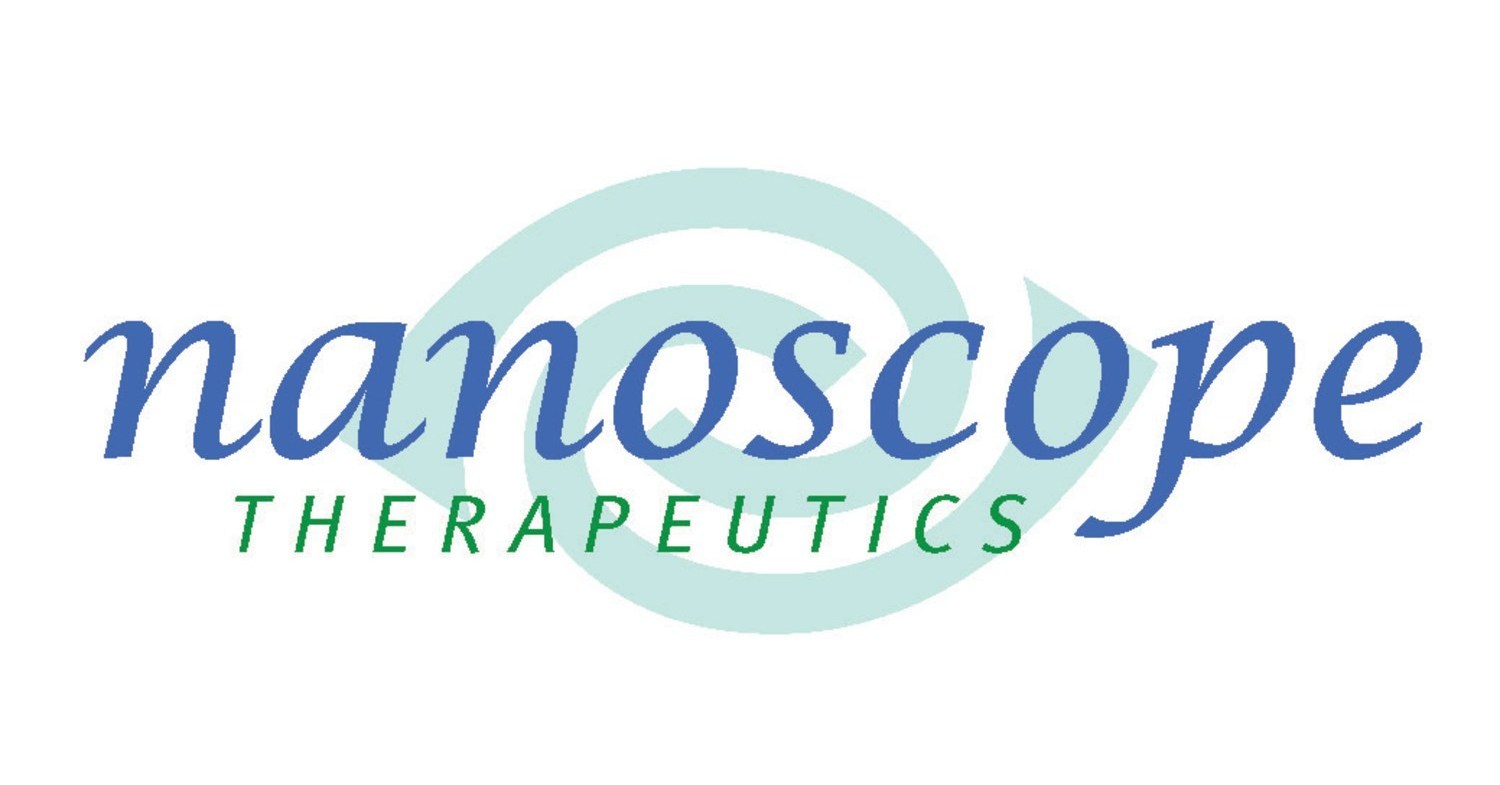Innovative technology incorporated in Nanoscope’s gene therapy offers hope for restoring vision in genetically caused visual impairments
DALLAS, Sept. 30, 2024 /PRNewswire/ — Nanoscope Therapeutics Inc., a clinical-stage biotechnology company developing gene therapies for inherited retinal diseases (IRDs) and geographic atrophy secondary to macular degeneration, today announced that the company has acquired a license for the CatCh technology from Max Planck Innovation, the technology transfer organization of the Max Planck Society. Based on research findings from the Max Planck Institute for Biophysics, and the pioneering work of Prof. Ernst Bamberg in the field of optogenetics, this patented technology enhances the light sensitivity of a multi-characteristic opsin (MCO-010, a tri-protein fusion complex including CatCh) developed by Nanoscope as a gene therapy to restore vision in patients suffering from genetically caused visual impairments. Nanoscope’s groundbreaking MCO platform is the first optogenetic approach to combine multiple light-sensitive components, the sum of which produces a fusion protein that is sensitive across the visible spectrum at ambient light levels with fast kinetics. Nanoscope has already successfully completed several clinical studies on MCO-010 for the two leading inherited retinal degenerative diseases: retinitis pigmentosa (RP) and Stargardt disease. The company now plans to seek approval for the therapy and expand to broad therapeutic indications.
“We are excited to see the enhanced benefits of the MCO platform, which incorporates the CatCh technology from the Max Planck Institute for Biophysics, and offers new hope for restoring vision in those suffering from severe degenerative retinal conditions,” said Dr. Samarendra Mohanty, Co-Founder & President of Nanoscope Therapeutics. “Our agreement with Max Planck Innovation allows us to transform groundbreaking scientific discoveries into effective therapeutic solutions. With efficient viral delivery of the most complex bioengineered non-mammalian MCO-010 fusion protein to treat severe degenerative retinal conditions caused by many different genetic mutations, we are on the cusp of treating patients with high unmet needs and sustainably improving their quality of life.”
Dr. Mareike Göritz, Patent and Licensing manager at Max Planck Innovation, added: “The advanced properties of CatCh in combination with Nanoscope’s proprietary technology make this a very promising approach for gene therapy treatment of retinitis-related visual impairments. We are excited to follow the further development and would be delighted if patients were ultimately to benefit from this innovative approach.”
Blindness and visual impairments caused by genetic eye diseases such as retinitis pigmentosa, Stargardt disease, and age-related macular degeneration pose a significant medical challenge worldwide. These diseases often lead to a progressive loss of vision and have a substantial impact on the quality of life of those affected. As current treatment options are limited, innovative approaches like the MCO platform now offer new hope. By its ability to partially restore vision through gene therapy, Nanoscope’s technology platform could represent a significant breakthrough in the treatment of these serious eye diseases.
Therapeutic Application and Clinical Testing
The now-licensed CatCh technology has been integrated by Nanoscope Therapeutics as one of three subunits of the MCO-010 fusion protein, each of which contributes complementary light-activated properties, that together result in a treatment with the potential to restore vision in everyday settings. Nanoscope’s novel MCO-010 therapeutic approach has been successfully tested in multiple clinical studies for RP and Stargardt disease. Additionally, the MCO platform is already being tested and shown to be effective in non-human primates with geographic atrophies (GA) secondary to advanced age-related macular degeneration (AMD).
The further development and approval pathway for MCO-010 is currently being intensively reviewed. Nanoscope Therapeutics aims to obtain approval and is in discussions with the US Food and Drug Administration (FDA) to explore possible accelerated pathways to market. These efforts could help make the innovative therapy available to patients more quickly, who urgently need new treatment options.
The CatCh (calcium-transporting channelrhodopsin) technology was developed by Prof. Ernst Bamberg, one of the pioneers in the field of optogenetics, and his colleagues at the Max Planck Institute for Biophysics. CatCh, a mutant of Channelrhodopsin-2 with improved properties, offers significant advantages such as faster kinetics and increased blue light sensitivity.
About Nanoscope Therapeutics Inc.
Nanoscope Therapeutics is a clinical-stage biopharmaceutical company developing mutation-agnostic gene therapies to treat retinal degenerative diseases that cause vision impairment and blindness, for which no cure exists to date. The company recently announced the 100-week data from the RESTORE Phase 2b/3 multicenter, randomized, double-masked, sham-controlled clinical trial in the U.S. for retinitis pigmentosa (NCT04945772). The company has also recently completed the Phase 2 STARLIGHT trial of MCO-010 therapy in patients with Stargardt disease (NCT05417126). MCO-010 has received FDA fast-track designations and FDA orphan drug designations for both RP and Stargardt disease. Preclinical assets include non-viral laser-delivered MCO-020 gene therapy for GA secondary to AMD.
Investor Contact:
Argot Partners
(212) 600-1902
[email protected]
SOURCE Nanoscope Therapeutics
WANT YOUR COMPANY’S NEWS FEATURED ON PRNEWSWIRE.COM?
440k+
Newsrooms &
Influencers
9k+
Digital Media
Outlets
270k+
Journalists
Opted In

